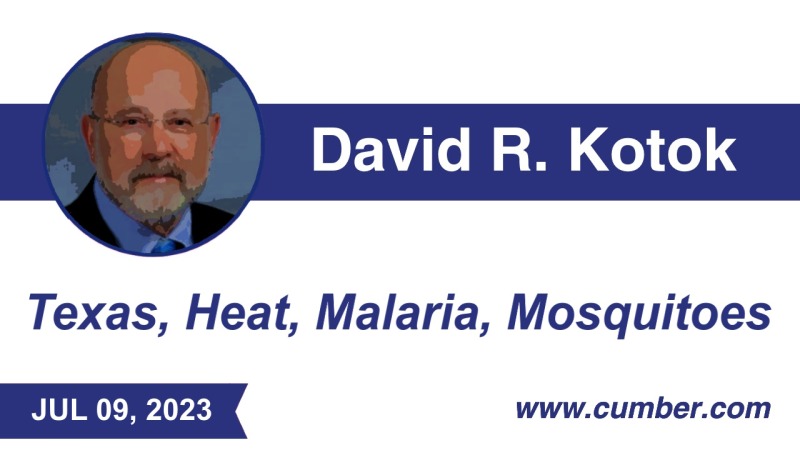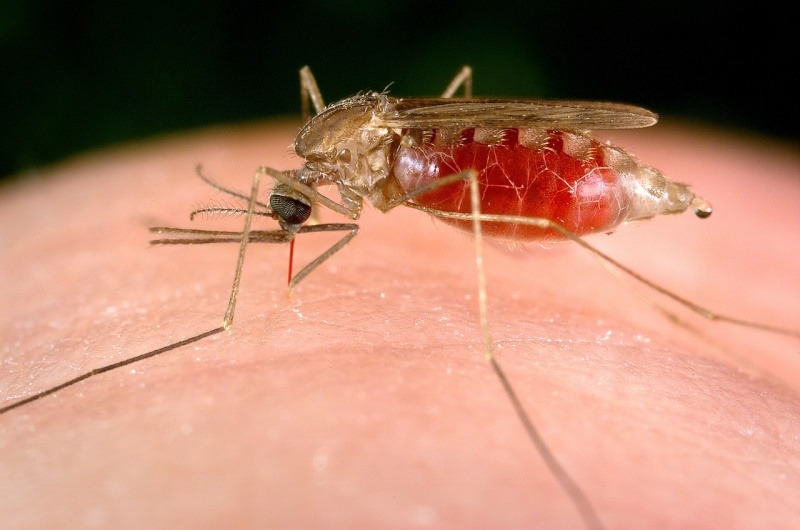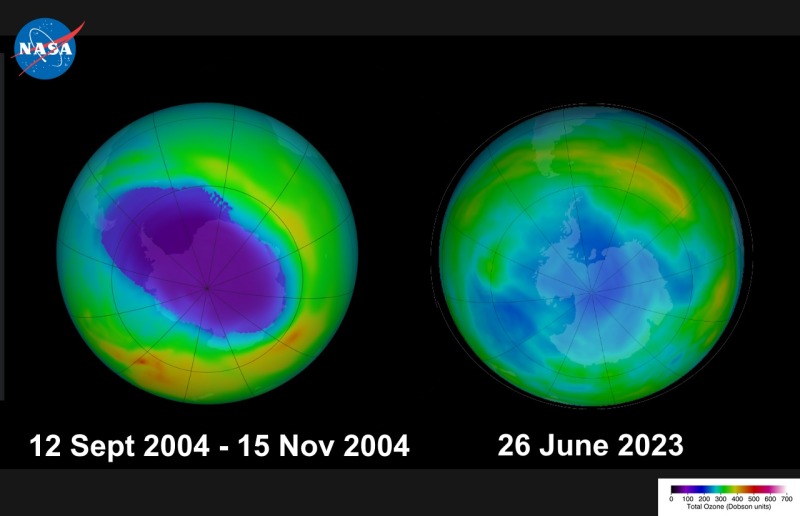We thank readers for their comments on our Sunday, June 25, discussion entitled “Frank F. and Frank M. & Others Respond” (https://www.cumber.com/market-commentary/frank-f-and-frank-m-others-respond). Reader comments add insights, pose interesting questions, and sometimes invite a discussion or clarification of facts.

Here’s one response that clarifies the notes from Frank F. The writer remains anonymous. He/she works at a nonprofit in the Pacific Northwest — “a sort of quasi-governmental organization, supported by most of the power companies in that region, and it addresses many of these issues.”
The writer said:
Yes, this was interesting. Frank F. brought up some good points about Texas, but he missed the mark about cold weather not allowing renewables to contribute. Renewables had basically no impact, as the big issue was that all of the natural gas plants shut down because of the cold because Texas decided not to weatherize. (They have actually had similar issues in the past.) Despite all of the renewables in Texas, they still make up a fraction of generation — if all of the renewables in Texas had been running at full capacity, it wouldn't have changed much. It was also good to remind me about Le Monde, which is a good paper to practice French on and seems to be a pretty good paper regardless.
Another reader, Lindsey, wrote:
I've worked in the energy area and the environmental field for all of my professional career.
1. Back in the ’80s working in the solar thermal power tower field, many discussions with utility personnel, primarily folks from Arizona Public service, Southern Calif. Electric and Pacific Gas and Electric, touched on the electric grid needs. This was over 40 years ago, and we still have a grid connectivity problem. Add to this the substantial wind and solar to the grid, at best nearly 50,000 miles for grid connectivity will be needed. No simple task.
2. In the 90's my calling was working on groundwater restoration. This, my friend, is a disaster. Many things I was involved with I can’t comment on, but I will say both the private and public agencies are really good at point[ing] the finger at the other guy when it comes to GW remediation. The white paper I co-authored in 1993 for the state of NM on procedures to evaluate leaky underground storage tanks was finally adopted nearly 10 years later. You can guess why.
My point, it is not easy to do the right thing. Today you have so many media outlets, many publishing false statements, thus making it almost impossible in doing the right thing.
While we are discussing facts, let’s get to malaria. Some readers claimed foul ball. They accused me of misrepresenting the facts when I wrote that malaria is now an issue in Florida. (Frankly, I would rather be wrong about this claim than to have malaria circulating in Sarasota, but that’s not the reality.) Reports of cases, though, are genuine, verified, and reported in multiple news outlets:
“Multiple malaria cases reported in Sarasota,”
https://www.fox13news.com/video/1238207
“Health officials ask Floridians to take precautions as malaria count rises in Sarasota,”
https://www.heraldtribune.com/story/news/local/sarasota/2023/06/26/sarasota-county-malaria-cases-prompt-statewide-mosquito-advisory/70358931007/
Here’s a citation for the report of a malaria case in Texas.
“Locally acquired malaria case confirmed in Texas, state agency following up,”
https://www.cbsnews.com/texas/news/locally-acquired-malaria-case-confirmed-texas-state-agency-following-up/
A mosquito-borne illness advisory has been issued for Florida because of the Sarasota malaria cases:
“CDC issues malaria advisory as Florida posts statewide alert,”
https://www.cidrap.umn.edu/malaria/cdc-issues-malaria-advisory-florida-posts-statewide-alert
Please note that these are locally acquired malaria cases. These are not malaria cases coming from someone who traveled to a region in Africa or elsewhere where malaria is common and who then became sick in the US. I’ve traveled to malaria-prone locations in Central America and Africa. There is a medical prevention prophylaxis treatment system for those who take the malaria risk seriously. I’ve used it.

(“Anopheles Freeborni Mosquito Pumping Blood,” CDC, https://www.cdc.gov/malaria/about/biology/mosquitoes/freeborni_large.html)
Interestingly, one effective weapon against the Anopheles freeborni mosquito, which carries malaria, is the antiparasitic ivermectin — a drug which, of course, has turned out not to work against Covid, except in a petri dish.
“Ivermectin metabolites reduce Anopheles survival,”
https://www.nature.com/articles/s41598-023-34719-2
“Activity of Ivermectin and Its Metabolites against Asexual Blood Stage Plasmodium falciparum and Its Interactions with Antimalarial Drugs,”
https://journals.asm.org/doi/pdf/10.1128/aac.01730-22
Let’s move to global warming. We received the usual climate change messages that deny man’s involvement. I will sum them up as saying that they partially admit to some global warming but claim that it is not caused or increased by humans.
Climate change deniers can say whatever they wish. The truth is that the changes in climate and in weather patterns drive changes in public health and public health responses from state and local governments. If you follow events worldwide, you can see the enormous increase in heat-related deaths and illnesses in many parts of the world. Mosquitos are the issue in the case of malaria. We know how to prevent the disease, and we know how to treat it. Note that we use netting instead of a facemask, and we use nontoxic repellent in addition to medicines.
When I respond to folks who still deny the ever accumulating evidence showcasing man’s ability to influence planetary climate, I usually share a slide that I have used in speeches. It depicts the ozone hole over the Antarctic at the time when the ozone in that region was most depleted. Remember the discussion about chlorofluorocarbons (CFCs)? For years, ozone hole deniers were busily protesting against those activists who were then warning about the ozone layer’s being depleted. Only when the evidence became overwhelming did they shift their positions, and worldwide banning of CFCs began to solve the problem.
On a personal note, I was in Patagonia several times during the time of peak ozone depletion. We were nearly always protectively covered, but one day I forgot to put on my full protective head gear, and thus the tops of my ears had some sun exposure. I still have the burn marks (scars) on the skin on the tops of my ears. That was 20 years ago.
Note in the image below the size of the ozone layer hole back in 2004 (dangerously thin shown in purple). Now compare it to the rendition from June 26, 2023. You will find that the deep purple area where ozone had fallen below 220 Dobson Units is largely replaced with shades of blue — evidence of a recovering ozone layer.

(“Ozone Hole Watch,” NASA, Goddard Space Center, https://ozonewatch.gsfc.nasa.gov/Scripts/big_image.php?date=2023-06-26&hem=S)
(Editor’s note: As we prepare this commentary for publication, a massive cloud of red dust, the Saharan Air Layer, is traversing the Atlantic Ocean toward the state of Florida and other points on the map. While this is, historically, a natural phenomenon, coral reefs in the Caribbean have been in a state of decline since the 1970s while the Saharan Air Layer has increased dramatically in the same time-frame. A peak dust storm in 1983 coincided with several marine species suffering mass mortalities. The increased level of red dust has been known to negatively affect Florida’s coral reefs, sometimes suffocating them and reducing our fish stocks while simultaneously feeding algae blooms, battering the state’s tourism industry with red tide outbreaks. Increases in the volume of dust have been attributed partially to the desertification of North Africa, a situation exacerbated by human activity that is disturbing the natural habitat that normally keeps the dust, quite literally, rooted in place. Human involvement? We think so.)
The lesson of the shrinking ozone hole, for all of us, is this: If we stop the fighting associated with a destructive political culture war and seek unity and purpose, we can address the challenges we face, climate change included, and make the world a better place. I still believe that is possible, although it certainly seems tough these days.
There’s an old African saying. “If you think you are too small to make a difference, you haven’t spent a night with a mosquito” (source: Legendary Lodge, Arusha, Tanzania).
Again, we thank all readers for their comments.
Links to other websites or electronic media controlled or offered by Third-Parties (non-affiliates of Cumberland Advisors) are provided only as a reference and courtesy to our users. Cumberland Advisors has no control over such websites, does not recommend or endorse any opinions, ideas, products, information, or content of such sites, and makes no warranties as to the accuracy, completeness, reliability or suitability of their content. Cumberland Advisors hereby disclaims liability for any information, materials, products or services posted or offered at any of the Third-Party websites. The Third-Party may have a privacy and/or security policy different from that of Cumberland Advisors. Therefore, please refer to the specific privacy and security policies of the Third-Party when accessing their websites.
Sign up for our FREE Cumberland Market Commentaries
Cumberland Advisors Market Commentaries offer insights and analysis on upcoming, important economic issues that potentially impact global financial markets. Our team shares their thinking on global economic developments, market news and other factors that often influence investment opportunities and strategies.

